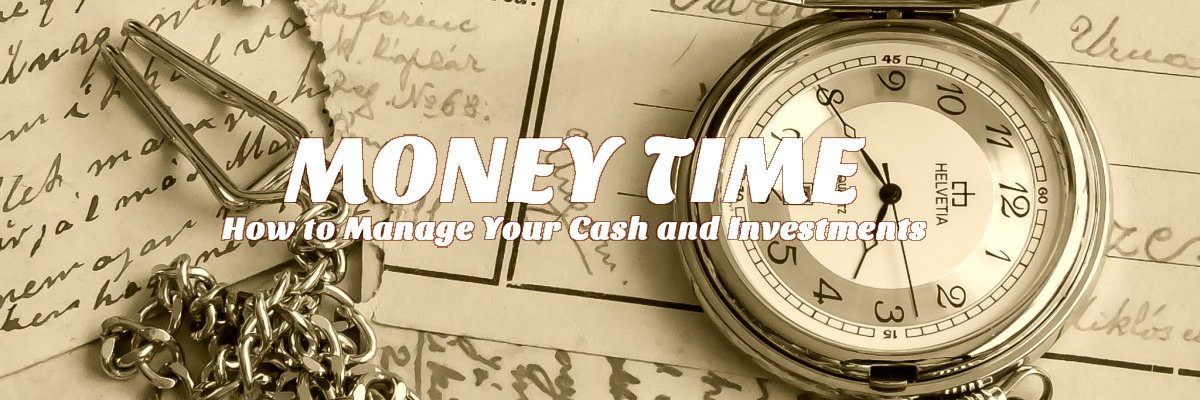 You have heard the expression a hundred times: “I was upside down and couldn’t do anything”, or “we were underwater and feeling like we had been robbed”. Ever since the Great Recession of 2008-9 millions of people have found themselves in a bad financial position, but there are different circumstances where we say someone is “upside down” or “underwater” and things are not always as bad as they may seem.
You have heard the expression a hundred times: “I was upside down and couldn’t do anything”, or “we were underwater and feeling like we had been robbed”. Ever since the Great Recession of 2008-9 millions of people have found themselves in a bad financial position, but there are different circumstances where we say someone is “upside down” or “underwater” and things are not always as bad as they may seem.
Upside Down: You Owe More Than You Should
Being upside down when you’re borrowing money means you owe too much. This often happens when people pay too much for assets that depreciate quickly, such as automobiles and homes. But even a business loan can turn upside down if its capital assets or new acquisitions don’t retain or increase their value.
Suppose you already have a car and you still owe several thousand dollars on the loan. You may suddenly find that the car needs extensive maintenance and repairs. Rather than spend all that money on the repairs you decide to trade your vehicle in for a new model.
But even though you can finance the new car easily enough, the trade-in credit you receive for the old vehicle doesn’t cover what you owe on the loan. So the new loan pays off the old loan AND pays for the car. Now you owe more than you should for your new car. The only way to get ahead on this type of loan is to make rapid payments or double payments until your resale value exceeds the amount you owe on the car.
Underwater: Your Asset Value Decreased Faster Than Expected
When you buy real estate, such as a home, you expect the value of your asset to rise gradually over time. But there will also be short-term contractions in market prices every now and then. This is normal and most investors expect to see real estate prices drop a little bit on occasion.
Still, if you buy a property for $200,000 and after five years it is valued at $240,000 it won’t hurt you if the local market suddenly drops 2 per cent and your “market value” declines to $235,000. After all, you still own your home and it’s worth more (in estimated value) than you originally financed.
Assuming you can sell your real estate for more than you owe on it today, you’re “above water”. But if the value of real estate drops sharply due to a recession (or a pre-recession event like the collapse of the housing market in 2007-8), then the estimated value for your property may drop below what you financed/paid for it.
At this point you are “underwater”, but there is no real loss unless you sell the house.
Many homeowners foolishly walked away from their mortgages during the Great Recession simply because the book value of their houses had shifted downward to less than what they had financed. Housing values have since recovered much of that lost ground, and any previous homeowners who could have stayed in their properties until now would have been fine.
Homeowners who knew they would have to sell their houses before the markets recovered were looking at taking a loss. If you would still owe a mortgage payment that you could not refinance after selling your house, walking away from the loan might have seemed like the only option. Too many houses were put up for short sales, where the bank agreed to take a loss on the mortgage instead of retaining ownership of an unsold property.
During the Great Recession many banks refused to work with their borrowers to modify loans or assist with short sales. The result of this inflexibility was that the banks lost hundreds of millions of dollars in monthly revenues as homeowners simply stopped paying on their mortgages, allowing their credit scores to drop.
Upside Down: Trading in Equities
You can be upside down when you buy and sell equities. An investor expects to make money by “buying low” and “selling high”. Unfortunately it doesn’t always work out that way. You may pick the wrong stock and its value begins to drop after you buy shares. You may be forced to sell your equities before your investments have matured.
Selling investments too soon may produce an insufficient profit since you have to take any trading fees you incur into consideration. Being upside down in an equity like a stock or bond is not necessarily a bad thing if it earns you money while you own the equity and there is some hope that its value will increase if you hold on to it.
But many equities produce no dividends or interest. For example, you may trade in commodities futures, which are contracts for ownership of raw goods such as food or minerals. These contracts stipulate prices at which quantities of future commodities (yet to be produced) will be sold. If the market prices drop before the contracts mature you may not recover your investment.
Underwater: Your Monthly Payments Exceed Your Income
You’re said to be drowning in debt or “underwater” if your monthly bills and debt payments exceed the money you have available to spend. Suppose you are committed to making $3000 per month in payments for mortgages, utilities, other loans, and credit card debt. If, after you deduct what you spend on necessities such as food and medical expenses, you only have $2800 to spend on these monthly bills, you’re underwater or “in over your head”.
People may defer payments on some bills in order to keep up payments on other bills. They may randomly “miss” a payment on different accounts each month in order to catch up on bills where they are behind. This is sometimes called “juggling payments” or “floating payments”. Some people also describe this behavior as “bailing water” and “sinking faster than you can swim”.
This is a tough financial to find yourself in and you may have few options. Maybe you can find a secondary income to increase the amount of money you have available to pay the bills; or maybe you can negotiate a deferment with some of your creditors.
A negotiated deferment means the lender agrees to let you skip 1 or more months while you catch up on other bills. They will push back the maturity date on your debt. You’ll probably be charged some additional fees and interest but they are rolled into the loan; your credit record won’t show that you are late or in default.
You may also be able to sell a financeable asset (such as a home, land, or boat) in order to pay off what you owe. You lose the asset but your cash flow improves. This strategy only works if you have built up enough equity in the asset you sell to ensure that whatever payment you receive for it pays off the loan. Except for real estate most large-value salable assets depreciate in value. Of course, if you own rare antiques and jewelry you may be able to raise money by selling them.
